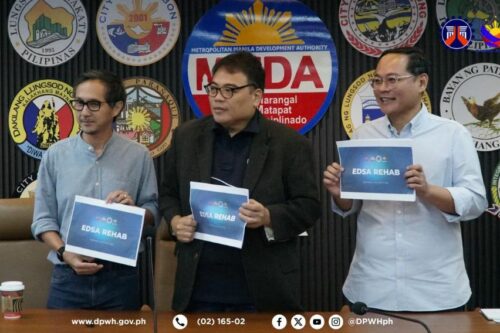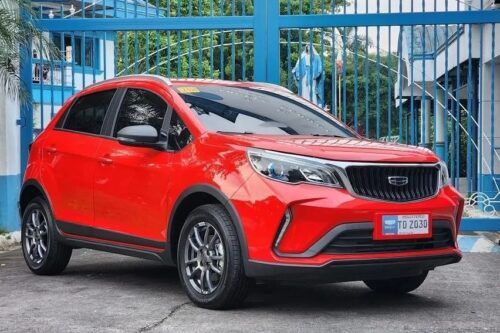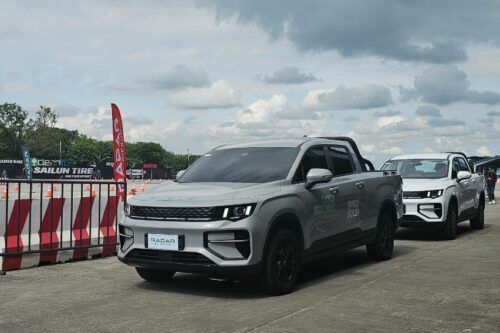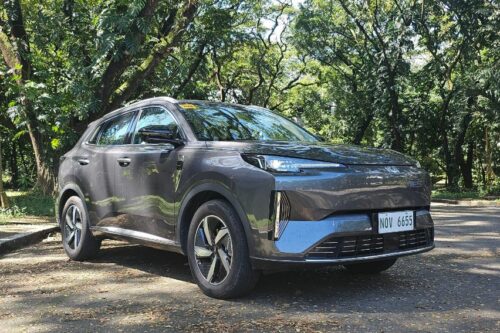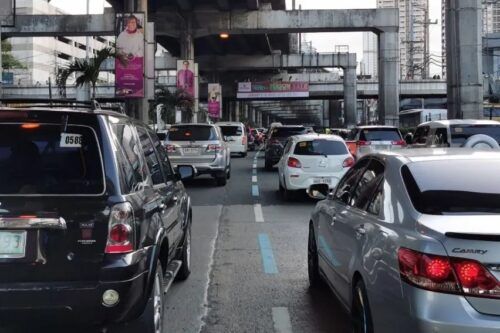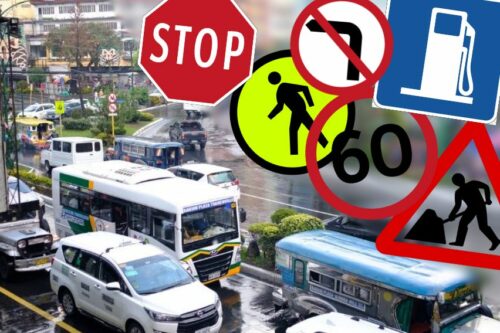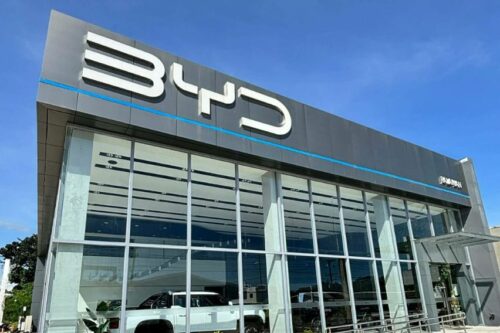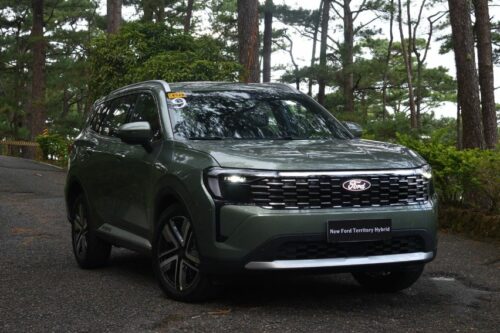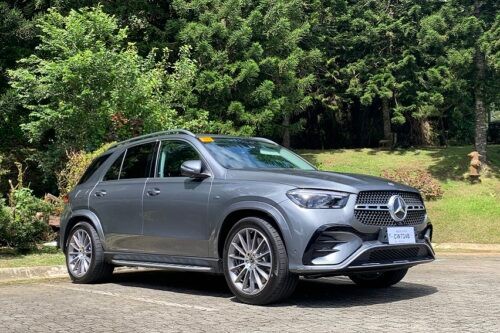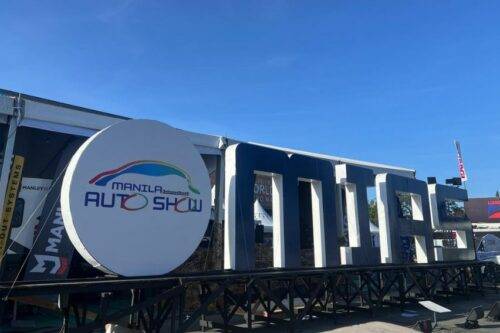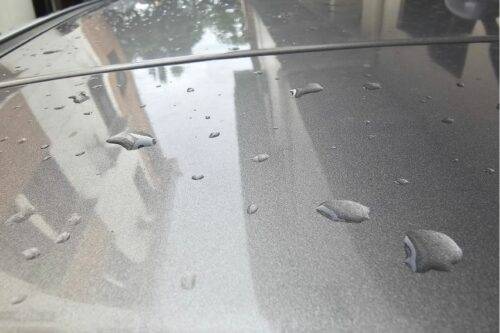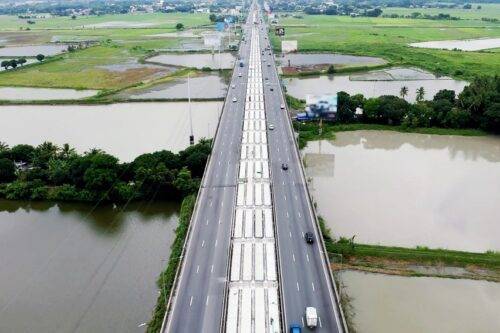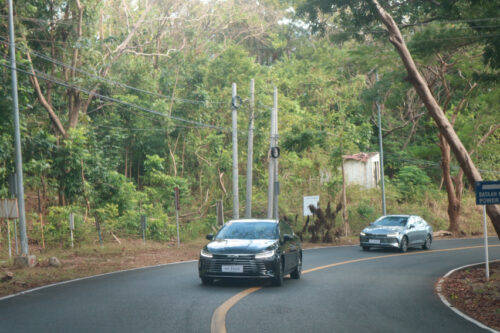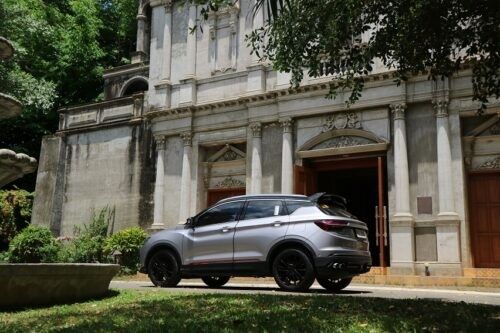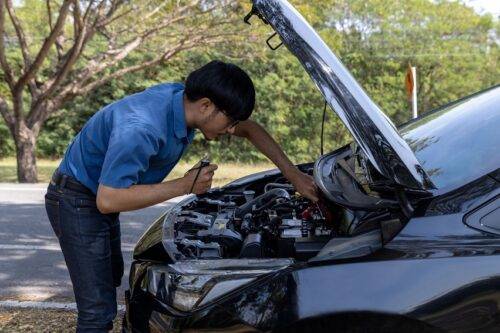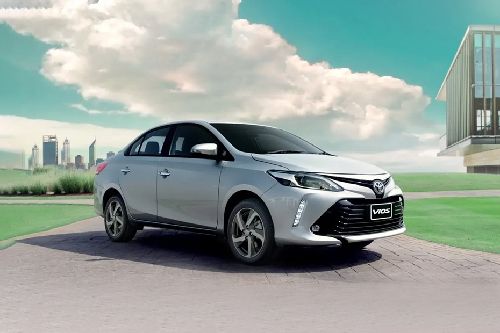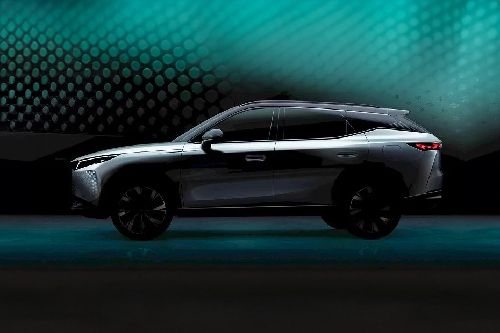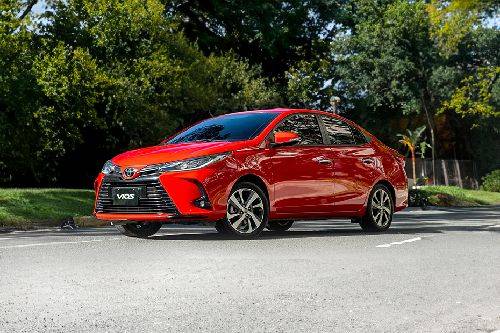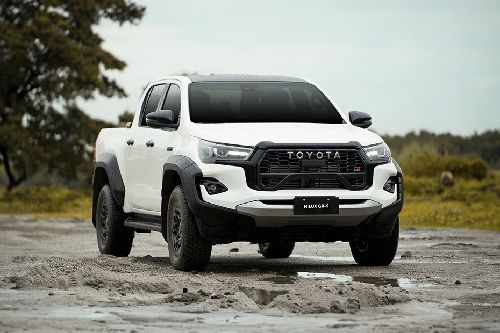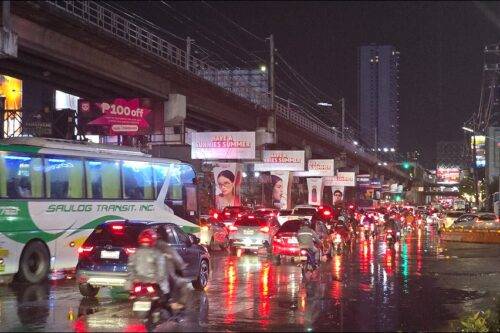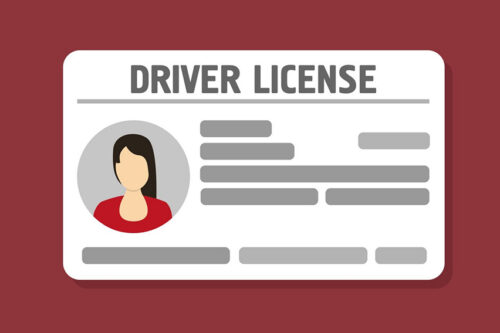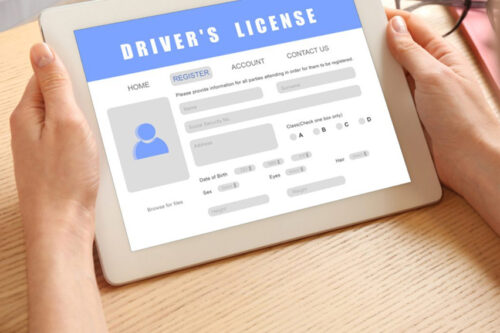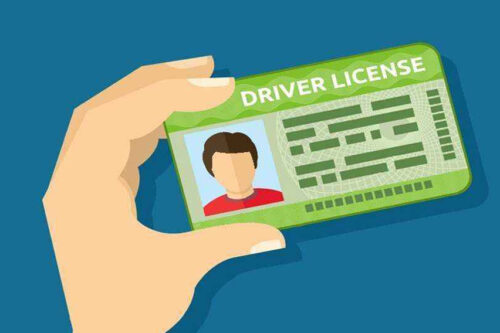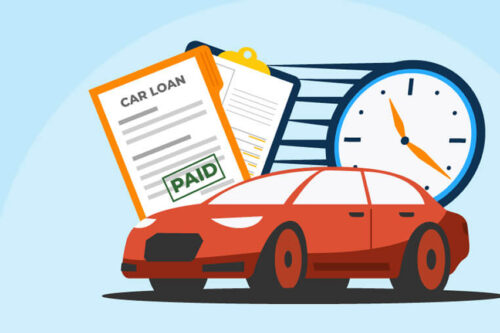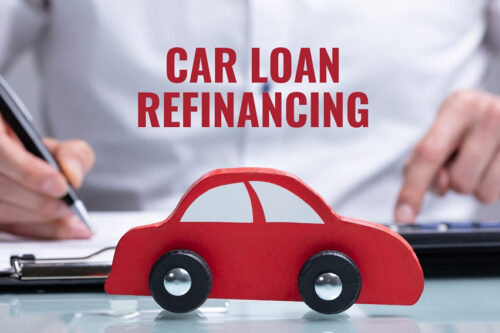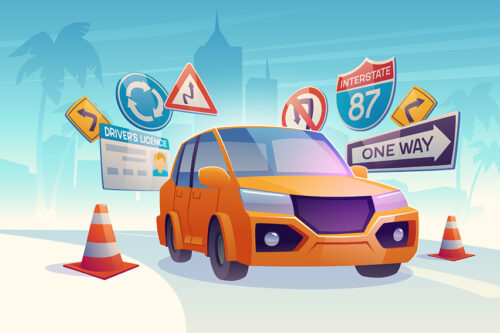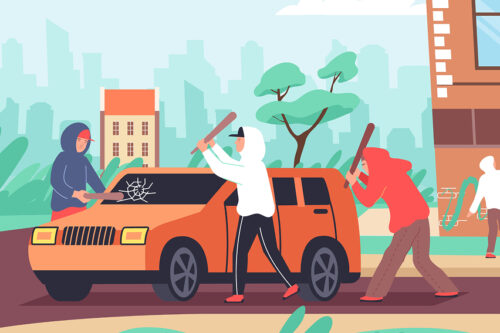LTFRB: Lessened PUV capacity and ridership mean no post-ECQ traffic
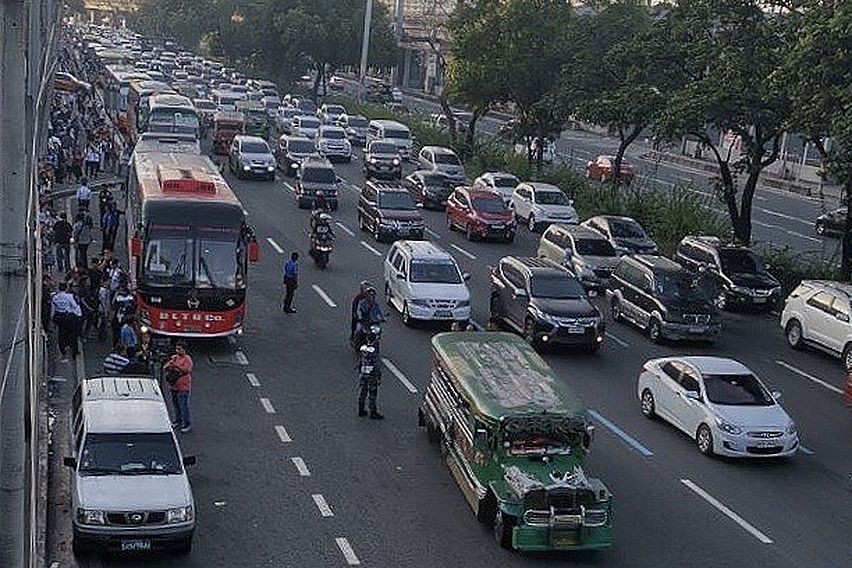
MANILA: Regardless of the reduction of the maximum capacity of public utility vehicles (PUVs) to about 50% in areas under general community quarantine (GCQ), the Land Transportation Franchising and Regulatory Board (LTFRB) on May 5 stated that it does not anticipate problems because only a limited number of individuals will be allowed to go out of their homes and communities.
GCQ areas are those that have been identified to have low to moderate possibility of coronavirus (COVID-19) transmission and infection.
During an interview in the television program Unang Hirit, LTFRB Chairman Martin Delgra III stated that GCQ areas would allow only a restricted number of PUVs to operate since the LTFRB anticipates a lower demand for public transportation during this time.
Based on the demand for public transport, Delgra also said that the LTFRB would grant special permits for operation in GCQ areas with higher-capacity PUVs as the main priority — buses are placed on top of the list, followed by modern jeepneys, traditional jeepneys, vans, and tricycles.
In addition to reduced capacity, PUV routes will also be minimized and modified according to the needs and demands of each region.
Aside from obtaining a special permit and reducing the passenger capacity by half, the DOTr noted that it also mandates all passengers and PUV drivers to wear face masks at all times, an acetate or plastic wall to isolate the driver from passengers, and fares to be charged before boarding the PUVs, among other steps to mitigate the risk of COVID-19 infection in public vehicles.
Delgra pointed out that all routes are currently being fixed not just in the National Capital Region (NCR), but also in areas in the country where the GCQ is presently being implemented.
Last April 30, the Department of Transportation (DOTr) rolled out the policies from the Inter-Agency Task Force for the Management of Emerging Infectious Diseases for public transportation resumption in GCQ areas. This involves less stringent measures to alleviate the economic aftermath of the COVID-19 pandemic in the Philippines.
In line with these measures, the secretary of the Department of Education (DepEd), Leonor Briones stated on May 5 that the opening of classes in both private and public schools in the country for the current academic year would be moved to August 2020.
Briones reiterated during an online public briefing that the adjustment of the date for the opening of classes, which generally happens during the first week of June, is considered to be legal since based from the law, classes may open anytime between June to August.
DepEd moved the resumption of school classes to safeguard the health and well-being of students.
The DepEd has chosen August 24 as the school opening date, but this does not mean that there will be physical classes since most areas in the country are still under the enhanced community quarantine (ECQ). Classes would be done either online or physically in locations where physical school opening is permitted. Officially, the academic year 2020-2021 will begin on August 24, 2020, and end on April 30, 2021.
Since the resumption of classes will be moved to August, it is expected that there will be no traffic since students will be forced to stay in their homes for a long time.
Students make up a large percentage of the country’s daily commuters, aside from employees in the public and private sector. Thus, the resumption of classes to a later date will significantly reduce the number of commuters, especially during weekdays. Commuters lines will decrease due to the limited demand for PUVs going to and from Metro Manila and other provinces.
Photo from the Department of Transportation (DOTr)
Also read: DOTr lays down public transportation regulations for GCQ areas
Sell your car at the best price
 Verified and genuine buyers
Verified and genuine buyers
Trending & Fresh Updates
- Latest
- Popular
You might also be interested in
- News
- Featured Stories
Featured Cars
- Latest
- Upcoming
- Popular
Latest Car Videos on Zigwheels

Car Articles From Carmudi
- journal
- advice
- financing
- insurance


